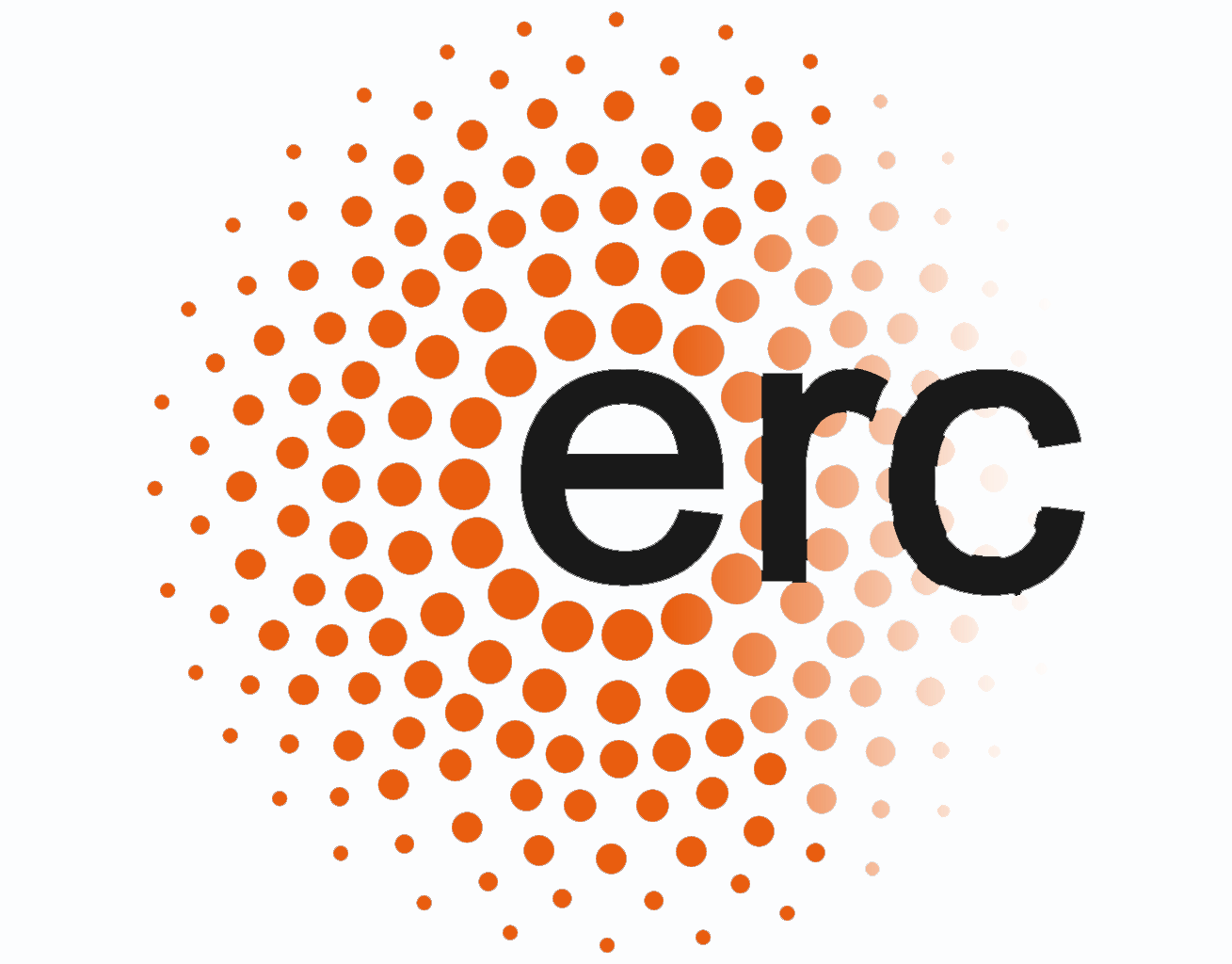Philosophers Among Winners of Recent Large ERC Grants
The European Research Council (ERC) recently announced the winners of their sizable “Consolidator Grants,” and several philosophers were among them.
 They are:
They are:
A.J. Cotnoir (University of St Andrews)
“Instruments of Unity: the Many Ways of Being One”
We perceive unities everywhere: from ant colonies to cellular automata, from organisms to organisations. Yet we have little understanding of the general constraints by which they are unified. The Instruments of Unity Project tackles this abstract question in a way that provides concrete applicable answers. The core hypothesis: unity is a complex pluralistic phenomenon, requiring a multifaceted theoretical approach. We identify unity relations across a variety of formal settings in a way that is receptive to insights and tools from the cognitive and computing sciences, even addressing the ‘meta-question’ as to whether there’s any unity to the different types of unity. We plan to apply the resulting framework to problems in metaphysics, social ontology, and formal ontology. Along the way, we seek to rehabilitate a more holistic ‘carving’-based metaphysics over against the dominant reductionistic ‘building’-based paradigm. (€1.7 million)
Dennis Lehmkuhl (University of Bonn)
“The Centre of Gravity Project”
The foundations of the general theory of relativity (GR) were laid by Albert Einstein in 1915. But much of what has been built on those foundations was developed in the Renaissance Period of GR between 1955 and 1975. In these years, several researchers built on Einstein’s foundations, but also revolutionized the mathematical tools and physical concepts within GR. Indeed, without the concepts and tools formed during this Renaissance, the recent observation of gravitational waves, rewarded with the Nobel Prize in physics in 2017, and the convincing prediction of and mounting evidence for the existence of black holes, rewarded with the Nobel Prize in physics in 2020, would not have been possible. And yet, these developments have not been properly investigated by historians or philosophers of science thus far. The goal of The Centre of Gravity Project (COGY) is to close this gap. The project will combine pioneering research on the published papers and literary estates of the core figures of the Renaissance period—such as Sir Roger Penrose, Stephen Hawking, Sir Hermann Bondi, Jürgen Ehlers and John Wheeler—with the analysis of detailed oral-history interviews. The aim is to get to the bottom of the most advanced mathematical techniques and conceptual innovations of GR, concepts like black holes, event horizons, and trapped surfaces.The project team will consist of historians and philosophers of physics as well as physicists and mathematicians. (€1.99 million)
Gry Oftedal (University of Oslo)
“Self-Assembly: Shifting our View of Life”
The project aims to build a new theoretical framework within the philosophy of science for understanding and explaining life, by bringing in the increasing knowledge about selfassembly processes from the life sciences. Researchers in the project will develop a comprehensive analysis of self-assembly across scales and look at differences and similarities to ideas of self-organization. We will challenge current ideas of mechanist and interventionist accounts of explanation and aim to build bridges between mechanist and organicist ideas of life. (€1.97 million)
Christian Vassallo (University of Calabria)
“Assessing Philosophical Authors and Texts from Herculaneum and Elsewhere on Early Stoicism: Insights into Ancient Logic, Physics, and Ethics towards a new von Arnim”
The project aims to remake, through a team of researchers and a task force of American and European universities, the Stoicorum Veterum Fragmenta, that is the edition of fragments and testimonies concerning the first phase of early Stoicism. (€2 million)
Susana Viegas (NOVA University of Lisbon)
“Film-Philosophy as a Meditation on Death”
“Film-Philosophy as a Meditation on Death” explores the affinities between philosophy and cinema. The research project seeks to bring together two distinct practices, but with a common interest in the theme of death, without which one would not have begun to philosophize and for which films show a special interest as a narrative and formal motif. To substantiate an emerging area of philosophical studies, such as Philosophy of Cinema, will be one of the main contributions of this project that seeks to understand the paradoxical situation in which we live: if on the one hand, we avoid thinking about death on our daily lives, we readily discuss the theme when it appears in films or television series. (€1.7 million)
According to European Research Council President Maria Leptin, “ERC Consolidator grants support researchers at a crucial time of their careers, strengthening their independence, reinforcing their teams and helping them establish themselves as leaders in their fields. And this backing above all gives them a chance to pursue their scientific dreams.”
In total, the ERC awarded €657 million to 321 researchers in this round of grants. For more information, including links to the full list of grant recipients, go here.



It seems we are searching philosophy integrity. Thank you to the winners.